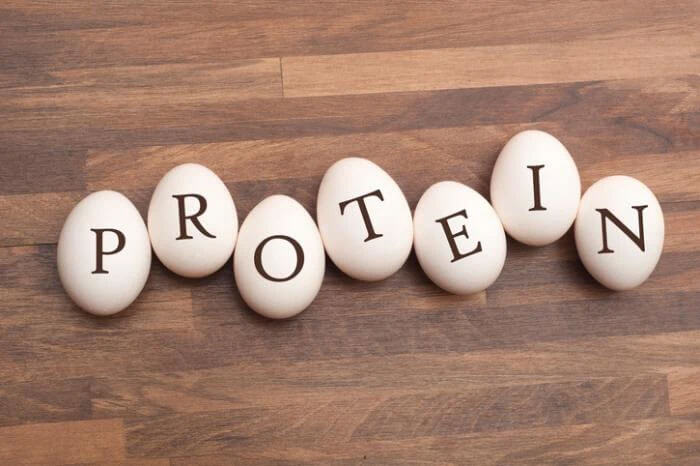GROWTH AND MAINTENANCE
Proteins provide foundational material, amino acids, used for growth and repair of body tissues. Protein also forms vital parts of the human body such as: skin, nails, hair, membranes, muscles, teeth, bones, organs, ligaments, and tendons…to name a few.
REGULATORY ROLES
- Enzymes – protein facilitates many chemical reactions in the body, all enzymes are proteins.
- Hormones – some proteins act as chemical messengers, they help regulate body processes; however, not all hormones are proteins. Protein hormones include: insulin, glucagon, and thyroid hormone.
- Antibodies – protein aids the body in maintaining its resistance to disease by acting against foreign disease.
- Fluid Balance – proteins help regulate the amount of fluids in the body.
- Acid-base balance – proteins act as buffers to maintain the normal acid and base concentrations in body fluids.
- Transportation – proteins move nutrients (minerals, lipids, etc.) and other substances, such as oxygen, in and out of cells around the body.
ENERGY AND GLUCOSE PRODUCTION
Energy – Protein provides calories (4 calories per gram) to help the body’s energy needs.
RECOMMENDED DAILY PROTEIN INTAKE:
.8 – 1.1 grams per pound of lean body mass (lbm)
PROTEINS
Animal Meats and Products
1. Chicken
2. Turkey
3. Steaks
4. Eggs
5. Canned Tuna
6. Shrimp
Meatless Options
7. Black Beans
8. Quinoa
9. Tofu
10. Edamame


